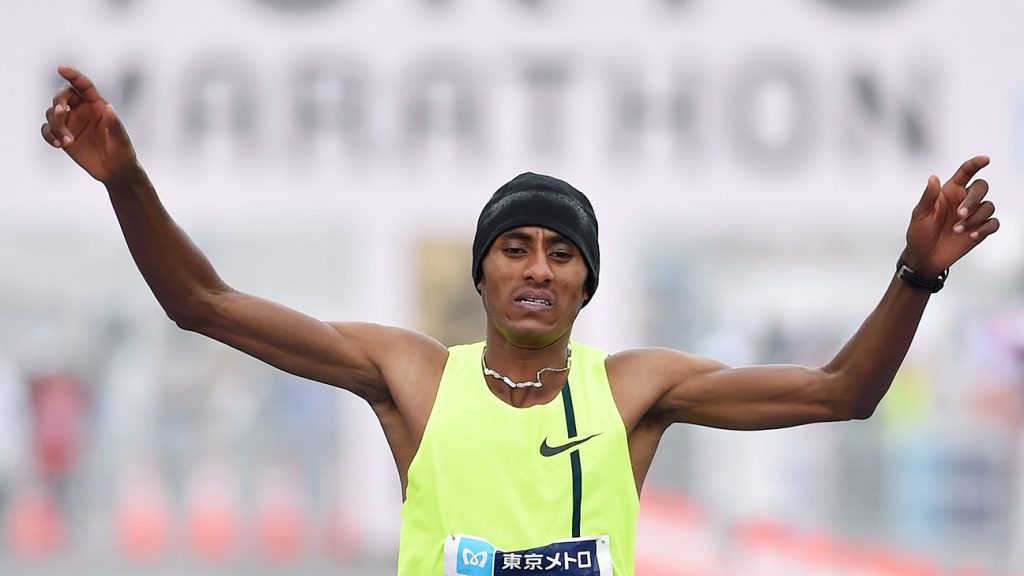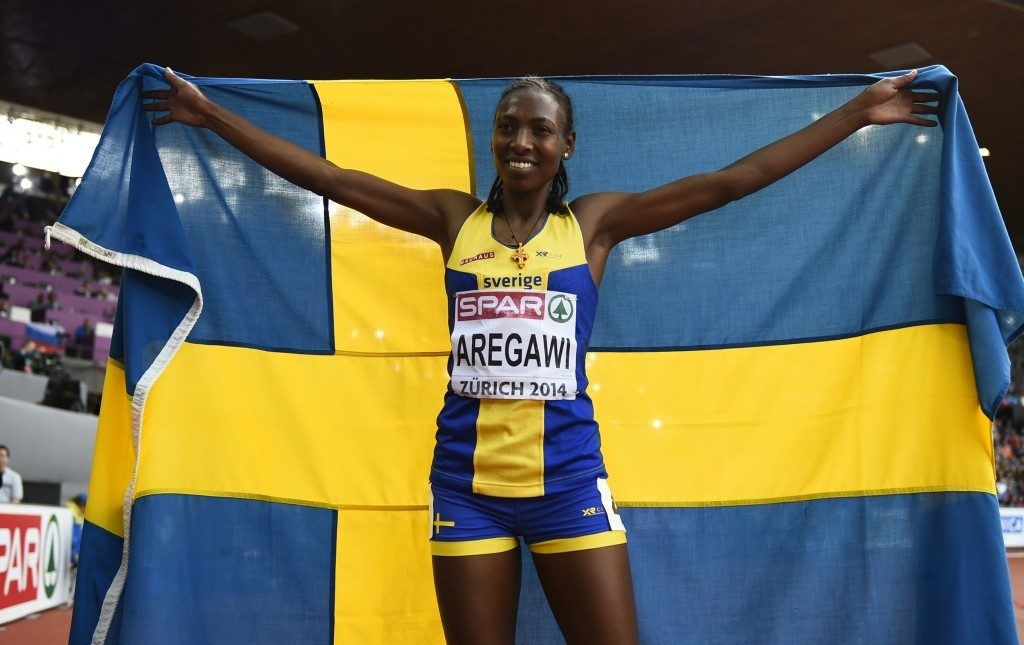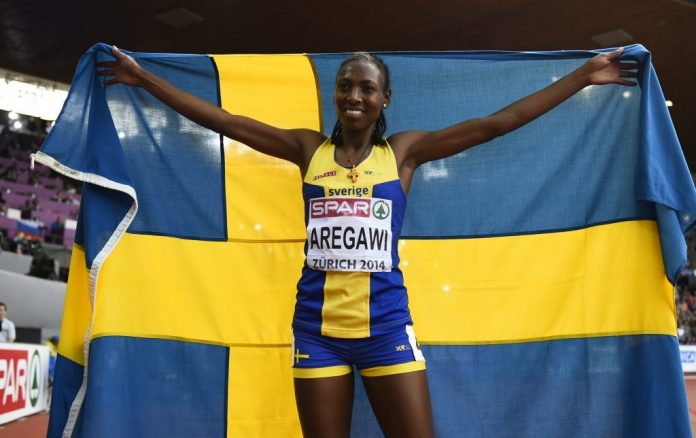While the Athletics world is still reeling from tremors caused by doping controversies involving some of Track and Field’s most active countries, the sport has been hit once more by the rising number of high profile athletes who have tested positive to meldonium, a substance that was added to the 2016 Prohibited List, which only took effect on January 1, 2016.
Of course Athletics is not the only sport to have recorded casualties! One of Tennis’ biggest stars, Russia’s Maria Sharapova on Monday admitted to failing a dope test during the Australian Open in January; she tested positive for meldonium and is the biggest name linked with the substance thus far.
Russian cyclist Eduard Vorganov, Russian figure skater Ekaterina Bobrova and Ukraine biathletes Olga Abramova and Artem Tyshchenko all tested positive to the banned substance. As such, it was only a matter of time before the first casualty in Track and Field would be recorded.
News hit the cyberspace towards the end of February that Sweden’s Abeba Aregawi had failed an out-of-competition test conducted by the IAAF. The Ethiopian-born athlete was thereafter provisionally suspended by the SFIF, effective immediately.
According to the BBC, Aregawi’s agent Valentijn Trouw said she was “shocked and devastated” by the news, and that she does not know how the drugs got into her system. The 25-year old requested for her ‘B’ sample to be tested and the results came out positive for meldonium.
Aregawi switched allegiance to Sweden after the London 2012 Olympics and is a former world champion in the 1500m. She also won GOLD in the European Championships and is the reigning World Indoor champion over the distance. Unfortunately, she will be unable to defend her title in Portland.
Many would have loved to see Aregawi take on rival and reigning World Champion in the 1500m, Genzebe Dibaba at the Olympic Games. However it is highly unlikely that Athletics fans will be treated to this mouth-watering spectacle in Rio.

It is believed that Aregawi was in Addis Ababa when the test was carried out; as such, Ethiopia is the latest country that has come under the scrutiny of the IAAF even as reports state that nine athletes from the East African country are currently being investigated for doping.
According to the Associated Press, the General Secretary of the Ethiopian Anti-Doping Agency, Solomon Meaza revealed that five of the nine athletes are ‘top athletes’. Winner of last year’s Tokyo Marathon, Endeshaw Negesse subsequently became the first Ethiopian to be named as having tested positive for the substance.
Meldonium, also known as mildronate, is used in Eastern European and ex-Soviet countries for heart conditions, and is sold online. It was previously on the World Anti-Doping Agency’s list of drugs to be monitored, with WADA considering the drug to be a ‘metabolic modulator’, similar to insulin. The body released a statement on March 7 following Sharapova’s announcement, part of which reads:
“We can confirm that meldonium was added to the 2016 Prohibited List which took effect on 1 January 2016, having previously been on WADA’s monitoring program for the duration of 2015. Meldonium was added to the Prohibited List because of evidence of its use by athletes with the intention of enhancing performance.”
Incidentally, Ivars Kalvin, the Latvian doctor and researcher who created meldonium, insists that the substance is not performance-enhancing, saying, “Meldonium cannot improve the performance of athletes”.
However, according to sports doctor Jean-Pierre de Mondenard, “It does not mean that it increases performance, but some researchers have shown that it improves endurance, recovery, cancels the effects of stress and improves oxygenation of the body …”
With the Rio Olympics less than a few months away, one can only hope that things do not get any worse, especially for countries like Russia and Kenya whose athletes already stand the risk of being banned from the Games.
Perhaps the publicity that has been generated by the announcements of the likes of Sharapova and Aregawi will help stem the tide against future occurrences.



















